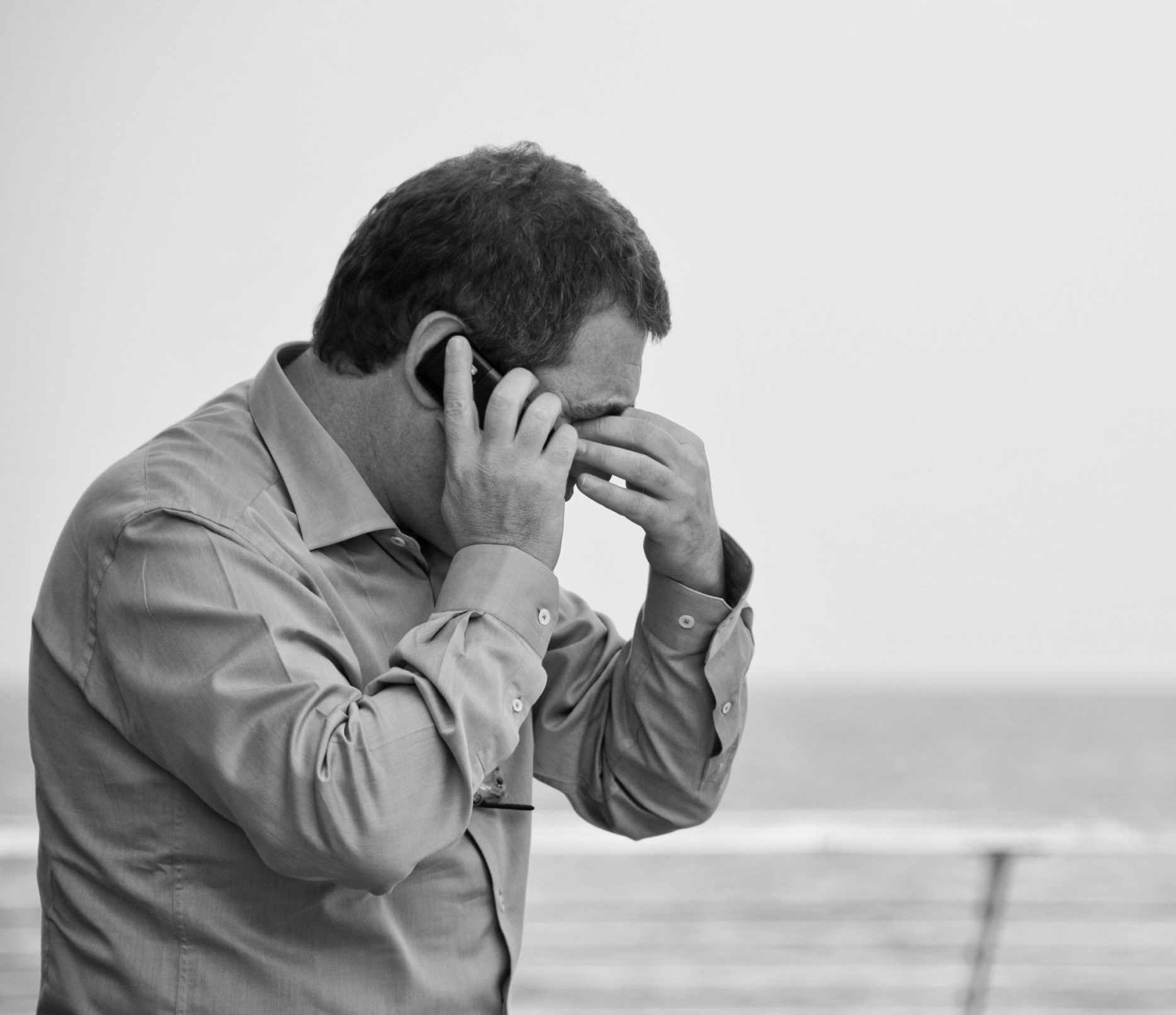Uncharted waters: Wellness in tough times

“I think the city teams and most of the leadership in town are willing to talk about it [mental health]. I just don’t know if there’s the resources to make a cohesive plan or really guide people to the right place.” (Community Readiness/Response survey answer)
For rural communities across Nebraska, extension programs, resources and staff are critical to community connectivity and wellness. In 2019, beginning with the impacts of a bomb cyclone that set off significant flooding, the Wellness in Tough Times (WTT) team, part of the University of Nebraska-Lincoln’s, Nebraska Extension Program, set out to support Nebraskans affected by multiple stressors.
The goal of the project was to increase mental health awareness, decrease behavioral health stigma and increase use and awareness of behavioral health support resources.
Throughout 2019 and early 2020, the WTT project reached more than 10,000 Nebraskans through community meetings, trainings and conversations about mental wellbeing.
Plans were under way for additional meetings collaborating directly with seven rural communities and assisting with their flood recovery coordination needs. But in March 2020, shortly after the anniversary of the floods of 2019, COVID-19 changed those plans and added new stressors for communities.
The project needed to change and enter uncharted waters; in person meetings became virtual, and conversations around wellness increased in intensity and need. WTT team innovated and reached more than 40,000 Nebraskans in 2019-2021.
A highlight of all they accomplished was a comment on a recent statewide phone call. A leader from a community the WTT team engaged with shared that repair and rebuild work on homes in their community did not begin until more than one year post-disaster. A community-wide sense of hopelessness took hold as they waited for recovery progress. The WTT worked with the community to identify a project that would build community wellness and assisted them with building an outdoor gathering space at a community park. This view of progress and momentum instilled new hope in the community.
We are proud to support the WTT project as they met the wellness needs of Nebraska during very challenging times. They have graciously shared their learnings, stories and resources by publishing an online eFieldbook. In it, you can find links to resources like the “Start the Conversation” bulletin and the “Communicating with Farmers Under Stress” program. This toolkit and the continued work of the team at Nebraska Extension will continue to bring wellness and hope to all the uncharted waters to come.